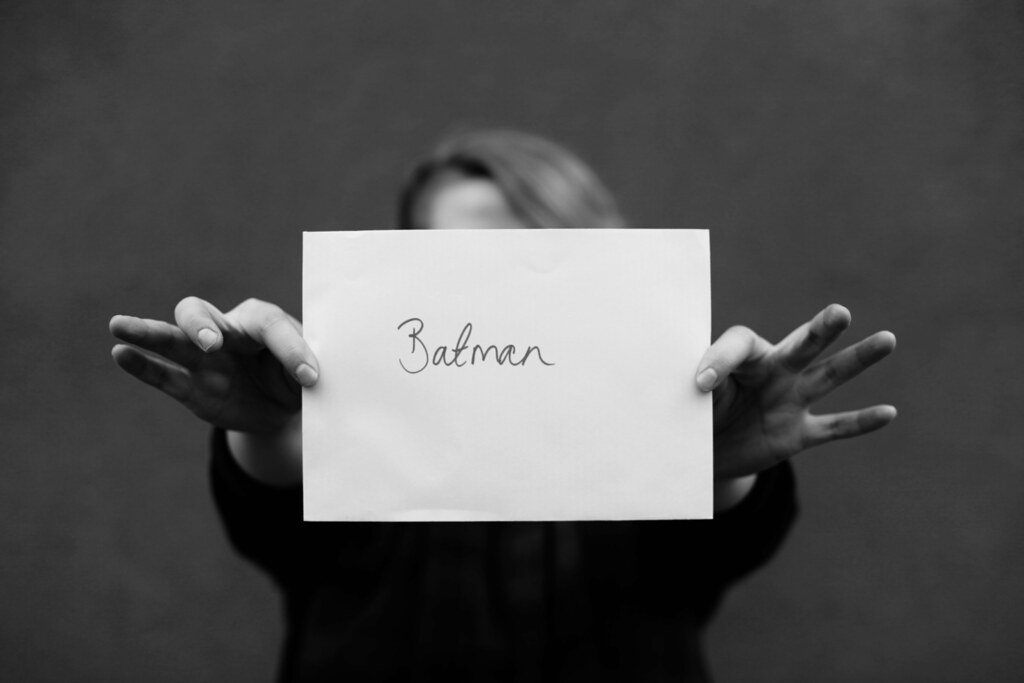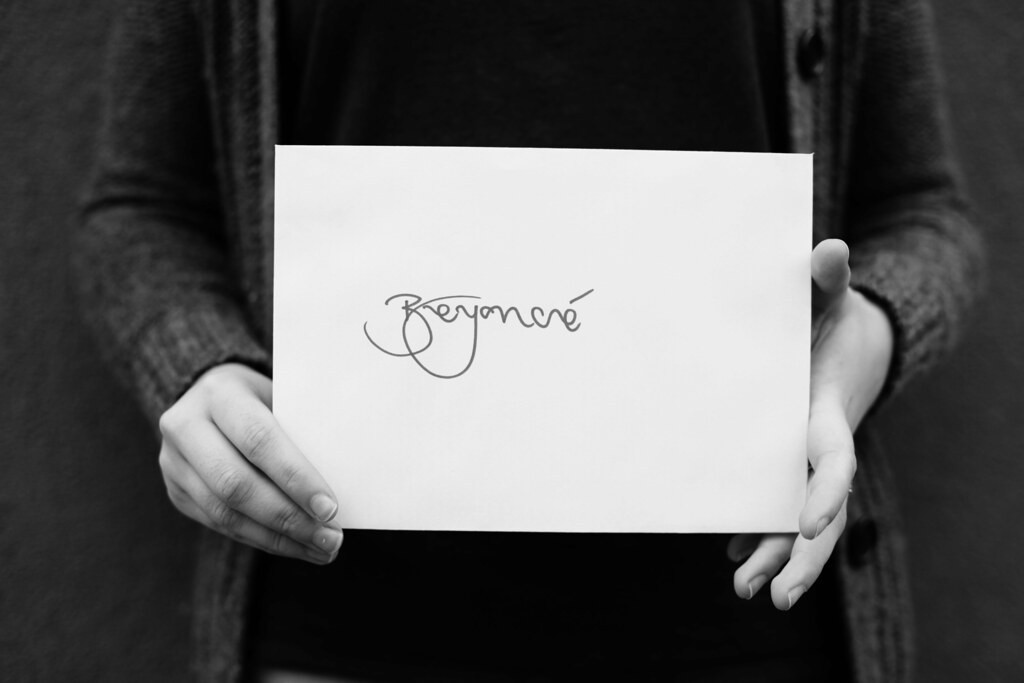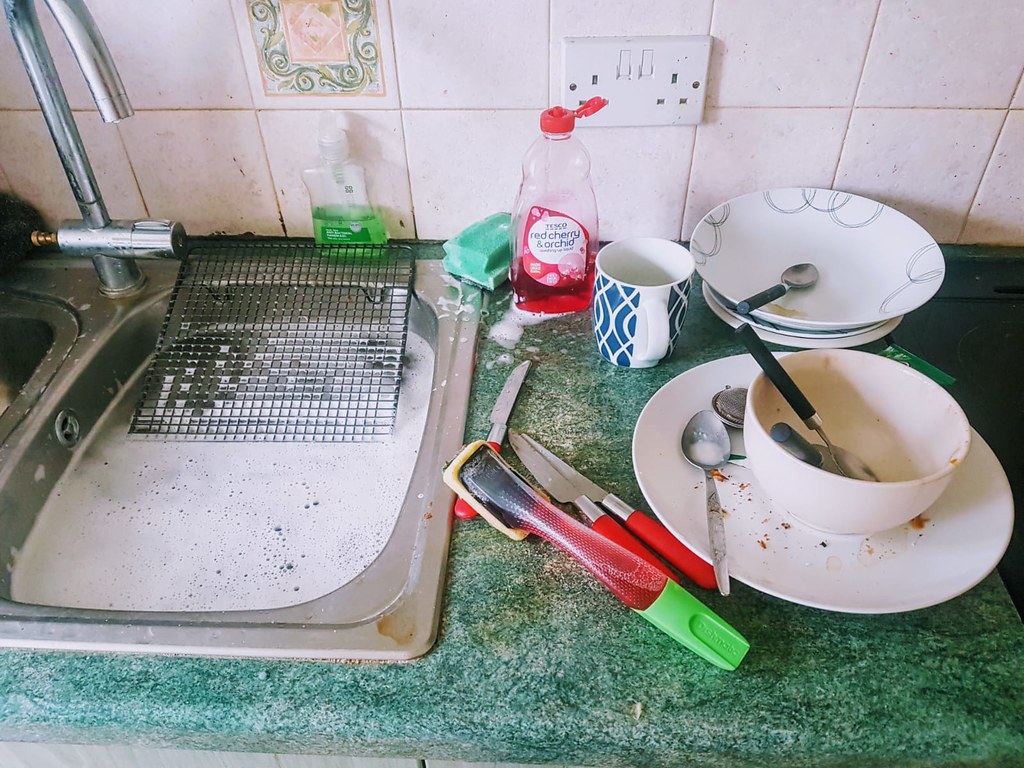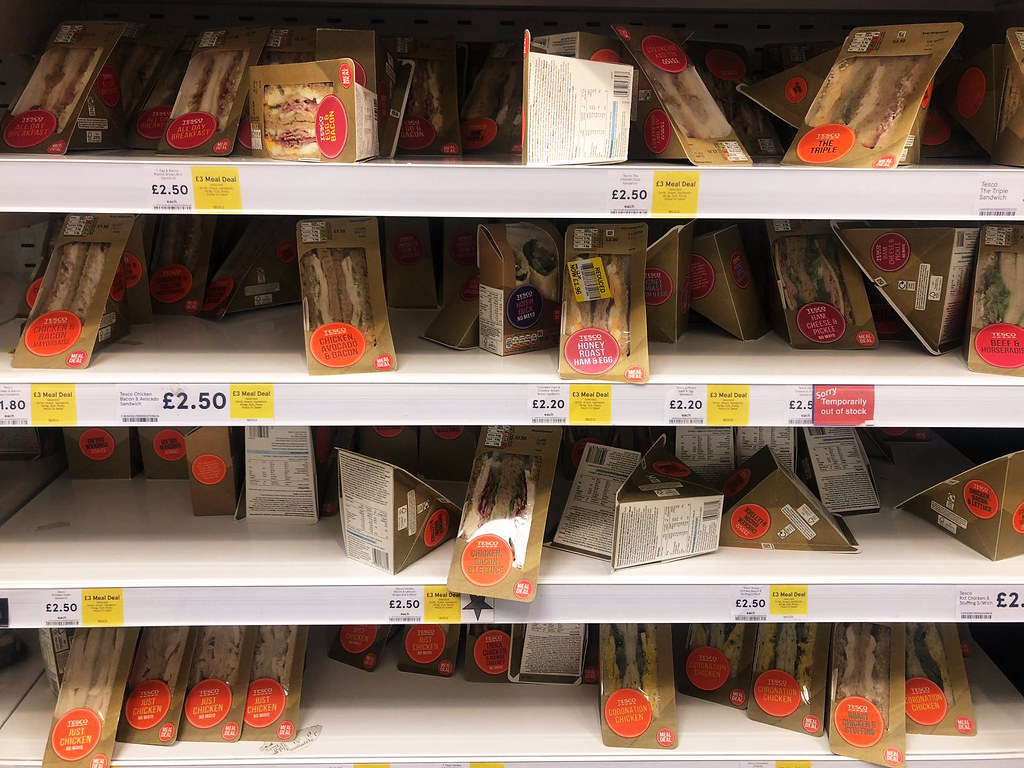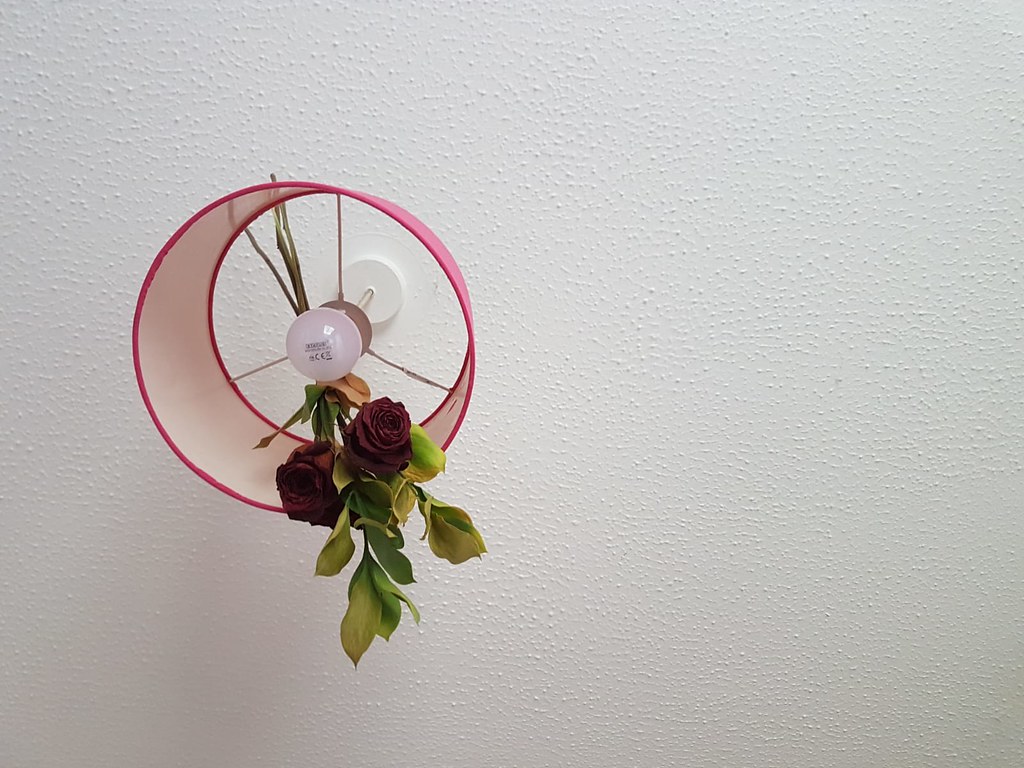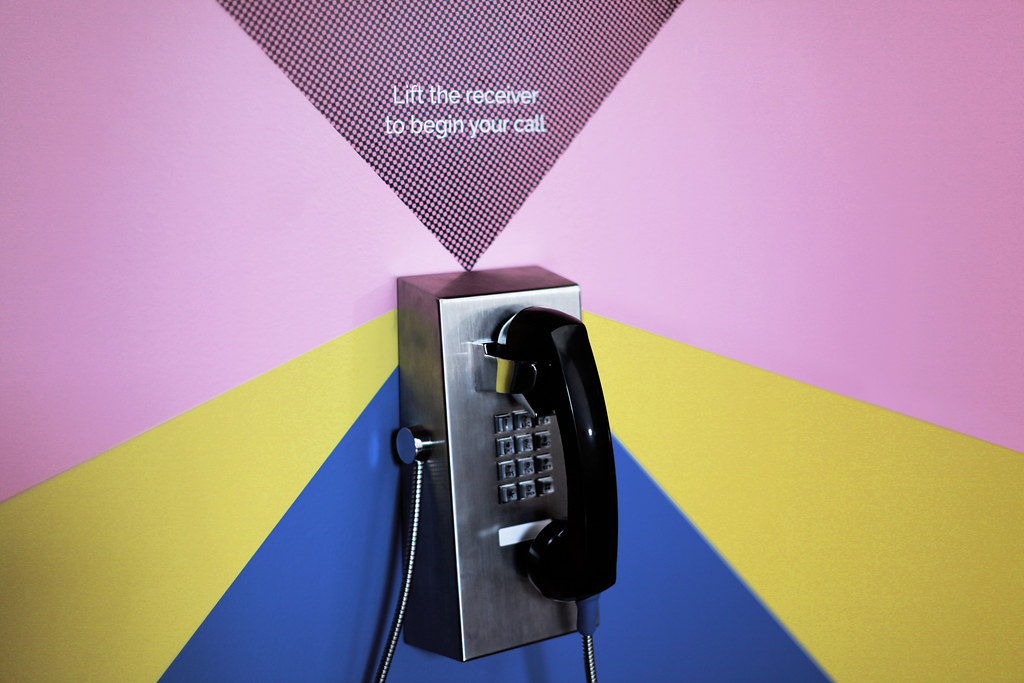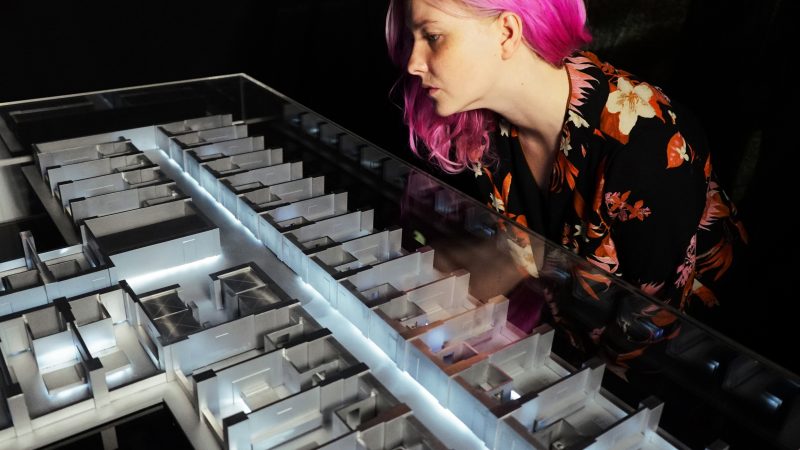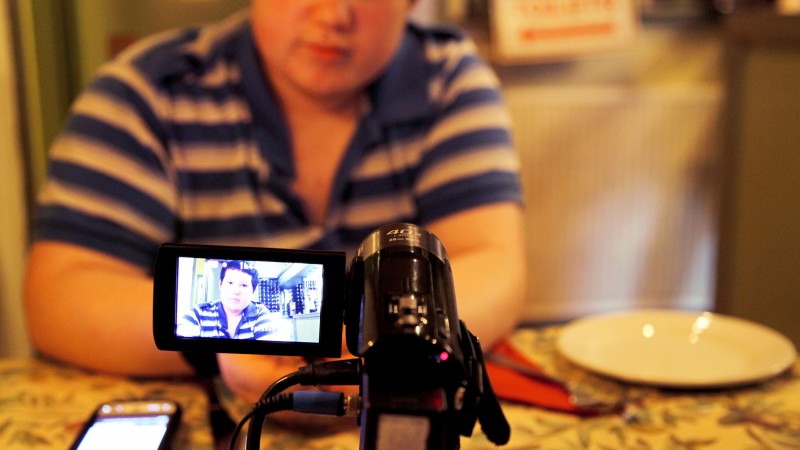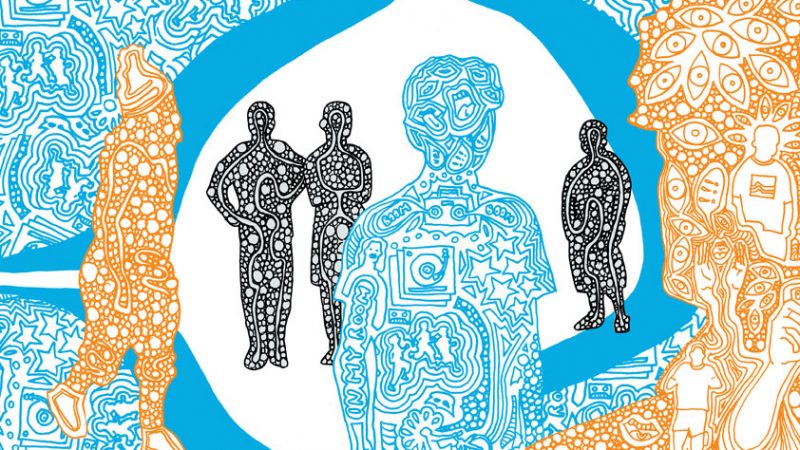Coffee, cigarettes, snack food and booze might feel like they make life more manageable. But when we seek comfort and connection through humble, everyday habits, we can end up somewhere we don’t expect.
Dial in to an intimate conversation with young women as they reflect on their own experiences and decisions.
Addiction scientist, Professor Keith Humphreys, characterises contemporary life as taking place in a“substance saturated world” in which industrial forms of production have vastly increased the possibility for indulging in harmful behaviours and the availability of addictive substances. At the same time, this industrialisation has led to a dramatic re-making of the means by which we feel connected and how we participate in society; creating new possibilities and hopes for the future alongside new forms of anxiety, isolation and deprivation.
In a commission for Science Gallery London’s HOOKED exhibition, Blast Theory worked with an anonymised group of seven young women who shared their lives and experiences through instant messaging, photos and phone calls. Over seven days, these conversations sought to understand how they each navigate this landscape: what are the ways in which they feel connected and isolated? When do they feel in control and when don’t they?
Short Periods of Structured Nothingness is part documentary and part overheard conversation. Visitors to the exhibition are invited to listen to these conversations via a phone handset in the gallery and share their own reflections on the questions raised with the documentary subjects.
Thanks to the participants who made this work possible, working as: Amelia, Batman, Bella, Beyoncé, Ivy Green, Krystal Jenkins, Sabrina and Vanessa.
Short Periods of Structured Nothingness is a new work by Blast Theory, commissioned by Science Gallery at King’s College London.
